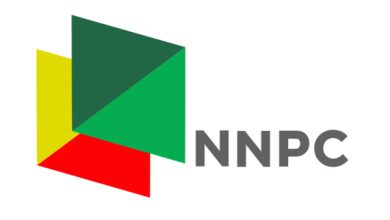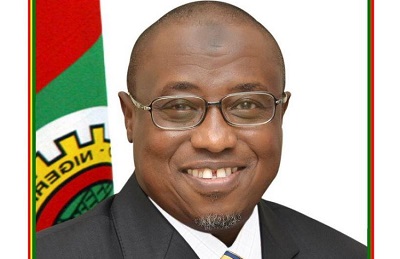Nigeria hit by fuel shortage as marketers cut imports over unpaid subsidies

A fresh round of gasoline shortages has hit Nigeria as fuel importers drastically cut imports following the government’s delay in settle over Naira 264 billion ($1.41 billion) on debts owed on subsidies for previous imports.
Moreover, Nigerian businesses, hard hit by the fuel shortage, Monday restated their demand that the government completely abolish subsidies on imported fuel, saying it would avoid recurring shortages and free up resources.
Motorists formed long queues at gas stations in major cities including the federal capital Abuja and the commercial capital of Lagos, which marketers blamed on low fuel stocks.
“Most marketers have run out of stocks over the last two weeks because of the drop in imports,” Femi Lawore, spokesman for the main oil marketers group, told Platts.
“We have warned the government before about the danger of continuing to delay the outstanding claims on subsidies totaling N264 billion,” Lawore said, adding that the recent devaluation of the naira also made it difficult for marketers to place orders for gasoline cargoes.
The country’s main marketers are Oando, Conoil and the downstream subsidiaries of ExxonMobil and Total, accounting for 40% of gasoline imports, estimated at 1 million mt/month.
State oil firm Nigerian National Petroleum Corp., which accounts for the other 60%, said Monday it was making efforts to end the shortage, working with all downstream industry stakeholders to eliminate queues at fuel stations.
“The NNPC is injecting additional volume 600,103 mt [of gasoline], the equivalent of 688 million liters, into the market within the next 48 hours, to address any shortfall,” NNPC spokesman Ohi Alegbe said.
Nigeria, Africa’s biggest crude oil producer, relies heavily on imports for its fuel needs. The country’s four state-run refineries operate at around just 10% of their combined nameplate capacity of 445,000 b/d, as they undergo major rehabilitation, NNPC officials said.
Meanwhile, Nigerian businesses, through the Lagos Chamber of Commerce and Industry, said the government should seize the opportunity offered by the slump in global oil prices to end fuel subsidies.
“We demand a total scrapping of subsidies on petroleum products as there is no rational basis for their retention … especially in the light of the crash in global oil prices,” the LCCI said in a memorandum to parliament on the 2015 budget.
“This will not only generate tremendous savings for investment in priority sectors such as infrastructure, but will also provide a great opportunity to liberate the downstream oil sector from the shackles of oppressive regulations and monumental corruption; it will also pave the way for more robust private sector investment in the downstream sector of the petroleum industry,” the group said.
The Nigerian government has proposed slashing the subsidy on imported gasoline to N200 billion in 2015, from N950 billion in 2014, also citing low global oil prices






